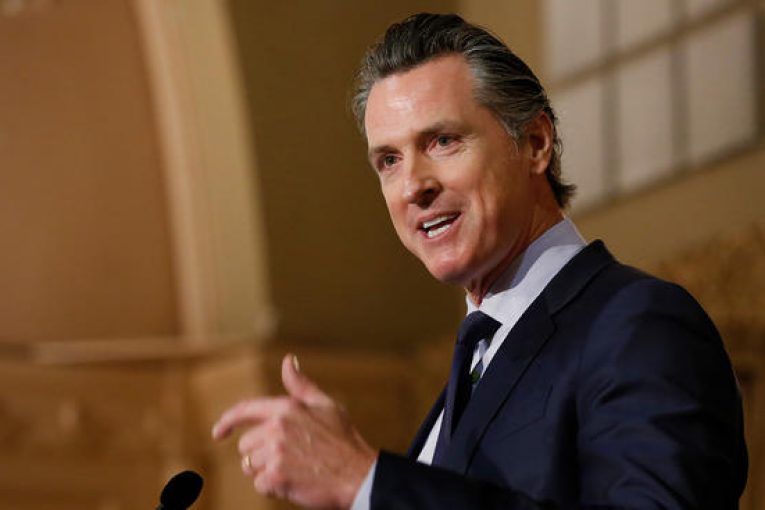

By Daniella Espinoza
SACRAMENTO, CA – A group of survivors of solitary confinement and faith leaders last week delivered letters to CA Gov. Gavin Newsom urging the passing of AB 2632, the California Mandela Act on Solitary Confinement.
Signatories of the letters included 45 survivors and 57 supporting organizations such as National Religious Campaign Against Torture, Haitian Bridge Alliance and the Center for Constitutional Rights.
Noting the practice of solitary confinement is officially cited as torture, according to the United Nation’s Nelson Mandela Rules, both letters condemned the ongoing use of the practice.

The proposed California Mandela Act includes clear-cut definitions of what constitutes as solitary confinement in all facilities, sets limits on how this can be used within every jail, prison or detention facility (including immigration centers) within the state of California and requires that such institutions would need explicitly written procedures and documentation about the usage of solitary confinement.
While the bill does not completely eliminate what the groups claim is an inhumane practice, it begins to limit it by prohibiting solitary confinement for incarcerated individuals who are pregnant, younger than 26 years old, older than 59 years old, or have a mental or physical disability.
For those that fall outside of the named populations, the bill includes protections such as the banning of solitary confinement for more than 15 consecutive days or more than 45 days in a 180-day period.
Reverend Ron Stief, the Executive Director of the National Religious Campaign Against Torture, said, “Governor Newsom has a golden opportunity to end solitary confinement in California — a practice that has long been condemned as torture by Pope Francis and faith leaders across the globe and in the U.S.
“If the governor truly wants to lead, then he should follow the example of the governors in New Jersey, New York and Connecticut who have already signed legislation ending prolonged solitary confinement in their state prisons and detention centers” Stief added.
To highlight the significance of the issue, the role California’s leadership should take and as a way to honor the 2011 Pelican Bay hunger strikes, advocates also began a national day of fasting last Wednesday and Thursday—the fast was meant as a protest to the excessive use of solitary confinement within the state.
Much like the prison hunger strikes of 2011, which sparked various movements for change across the nation such as limits on confinement in Alaska, Connecticut, Maine, Nevada, New Jersey, New York, Oklahoma, West Virginia and even Texas, advocates and religious groups came together to encourage such change within California.
According to a fellow survivor and UC Berkeley scholar—part of the Underground Scholars program—Kevin McCarthy used his platform to strongly urge lawmakers to make change, saying, “The people of California and the legislature have recognized that ending solitary confinement is long overdue. It’s up to Governor Newsom now to keep pace with the national movement to end this cruel, inhumane practice in California.”